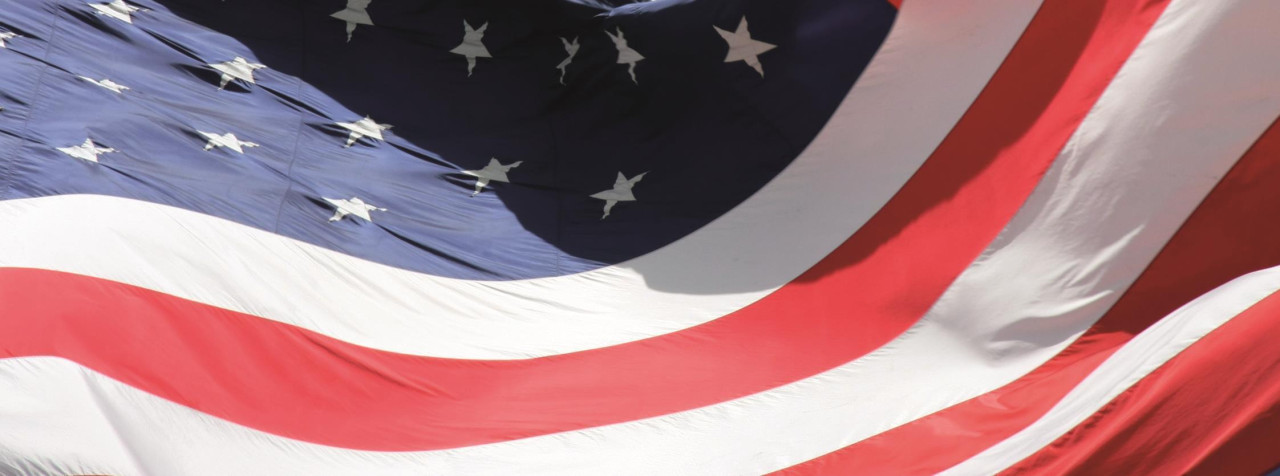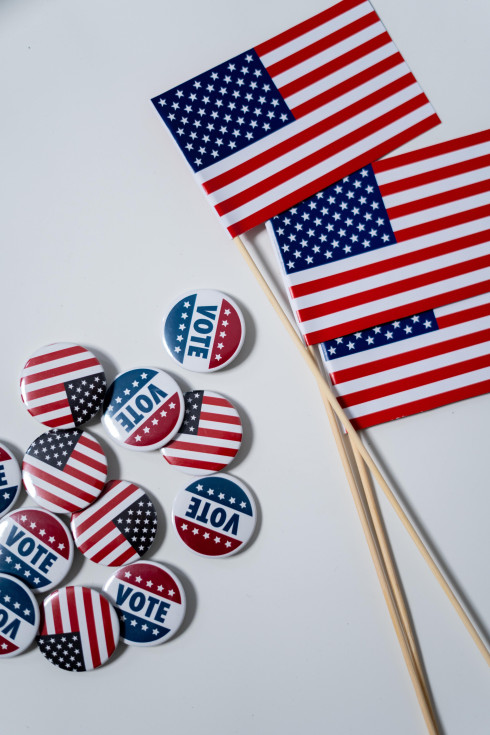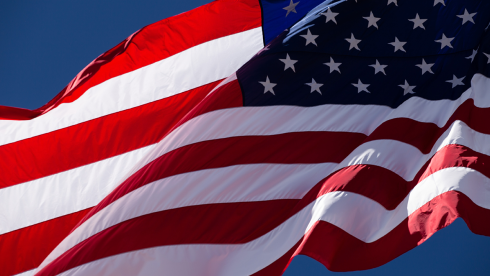Will the US Election Matter for Democracy and Human Rights in Asia?
Will the result of the 2020 US Presidential Election have an impact on the country’s foreign policy towards Asia, particularly in the field of democracy and human rights?
This question, it appears, is closely connected with the presidential candidates’ China policy. Incumbent president and Republican Party nominee, Donald J. Trump, during his presidency, has portrayed China as a great power rival, and has embarked on a combative and unilateral foreign policy stance towards the Asian hegemon. The Council on Foreign Relations observed that Trump has confronted China on a number of alleged economic abuses such as intellectual property theft, currency manipulation, export subsidies, and economic espionage; and has said that China should be made accountable for the COVID-19 pandemic. It must be noted, however, that Trump has pushed the US to look inwardly even as it has been critical of China’s trade practices. Moreover, his do-it-alone leadership style has abandoned multilateralism as a preferred approach to addressing trade disputes or human rights issues.
In terms of democracy and human rights, the Trump administration has been particularly vocal on China’s repression of the Uighurs in Xinjiang, and the future of Hong Kong and Taiwan. As regards the Uighurs, the incumbent administration took the following actions: 1) imposed visa restrictions on Chinese officials “believed to be responsible for, or complicit in” the detention of Muslims in Xinjiang; 2) passed legislation imposing sanctions on individuals oppressing Uighurs; and 3) required US businesses in Xinjiang to ensure that their activities do not contribute to human rights violations. Comparable policies have been imposed on Hong Kong, especially in the wake of the passage of the national security law. Trump ended Hong Kong’s preferential economic treatment and imposed visa bans and sanctions against Hong Kong officials, including seizure of property and prohibition on doing business in the United States. Relatedly, a number of bills supporting Taiwan have been passed by US Congress in the past years, two of which have already been signed by Trump into law – the Taiwan Travel Act (2018) and Taiwan Allies International Protection and Enhancement Initiative (TAIPEI) Act (2020).
Democratic Party presidential nominee Joe Biden also looks at China’s rise as a serious challenge, especially in light of its abusive trade practices and abysmal human rights record. In an interview with the Council on Foreign Relations, he said: “The United States should push back on China’s deepening authoritarianism, even as we seek to cooperate on issues where our interests are aligned...The Free World should come together to compete with China’s efforts to proliferate its model of high-tech authoritarianism... More important is that the (United States) lead once again by the power of our example. America’s commitment to universal values sets us apart from China.”
A Biden presidency, therefore, would appear to remain critical of China’s aggressive stance towards Muslim Uighurs and Hong Kong. It would also likely to continue close relations with Taiwan, considering that this policy direction has bi-partisan support in the US Congress. The main difference between a Biden presidency and a Trump presidency, it seems, would be in their approach in containing China. Biden favors a multilateral approach, as evidenced by this statement: “Through diplomacy and development finance, we can work with democratic allies to provide countries with digital alternative to China’s dystopian system of surveillance and censorship.” He also promised to assert the United States’ democratic leadership by convening a global Summit for Democracy and discarding domestic policies (Muslim ban, restrictions on refugees) that damage the country’s democratic reputation.
While both Trump and Biden are vocal about their China policies, their positions on foreign policy issues in Southeast Asia are not that well elaborated. Admittedly, many of the sub-region’s issues are connected with China, one way or the other, but “Southeast Asia is an arena for great power competition, in which Southeast Asians are not adequately respected or appreciated.” Probably for this reason, “views of the United States as a reliable ally, a democratic model, and valuable business partner are changing for the worse” (Welsh 2020). In terms of democracy and human rights, this trend is most worrying, especially as the ongoing COVID-19 pandemic has been used by the sub-region’s autocrats and populists, allegedly with the backing of China, to further entrench themselves to power.
Will the US Election Matter for Democracy and Human Rights in Asia?
Will the result of the 2020 US Presidential Election have an impact on the country’s foreign policy towards Asia, particularly in the field of democracy and human rights?
Als nächstes





